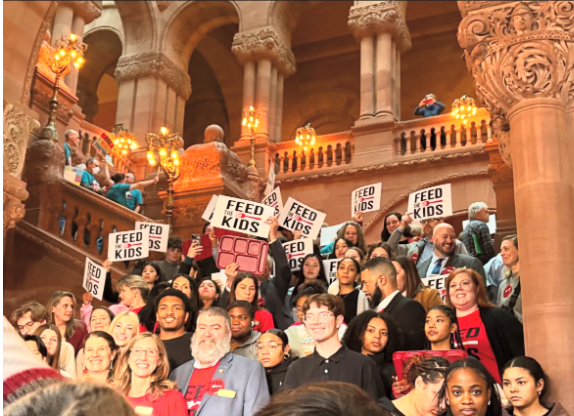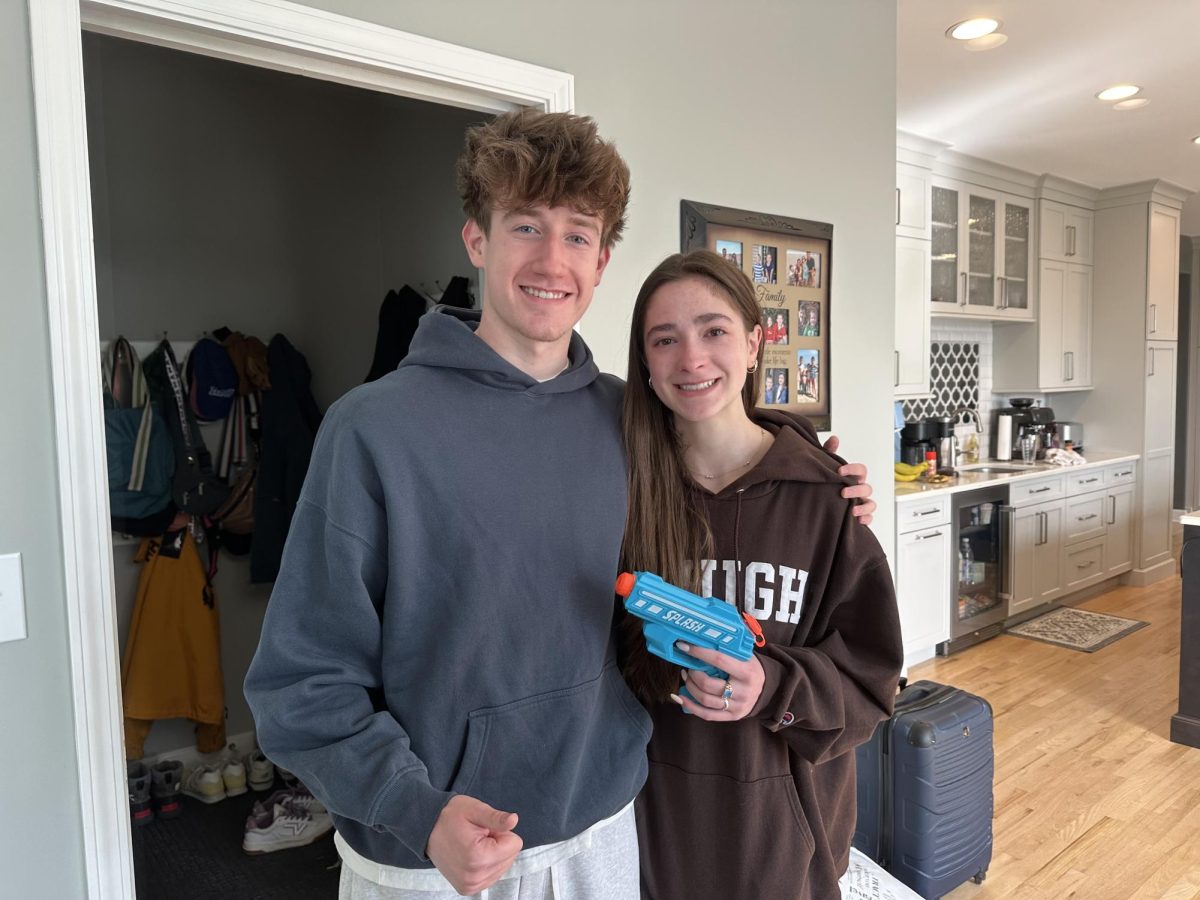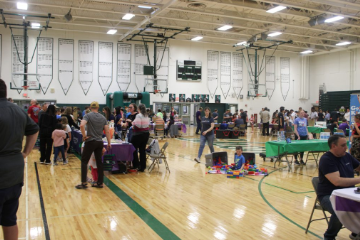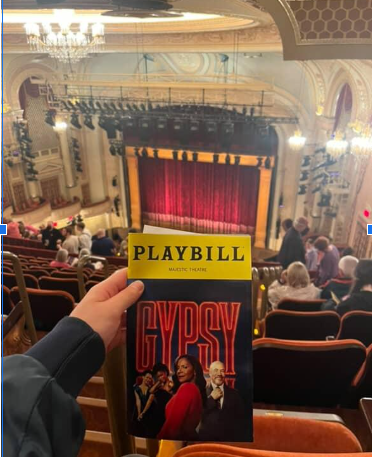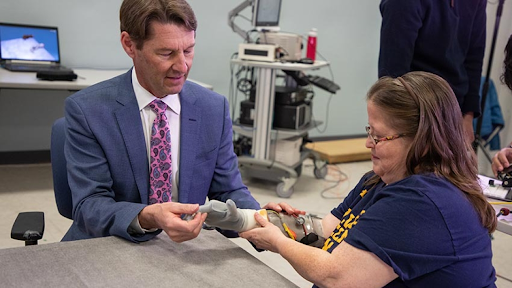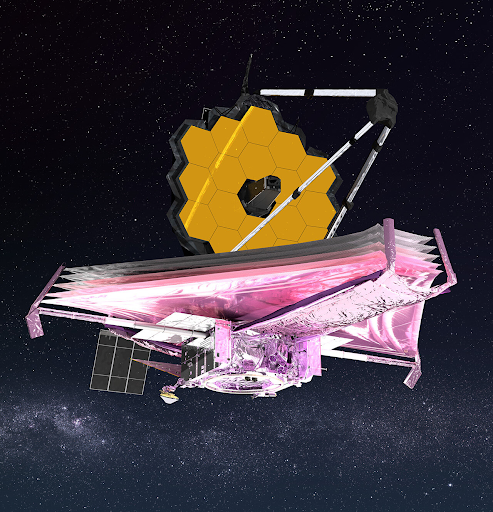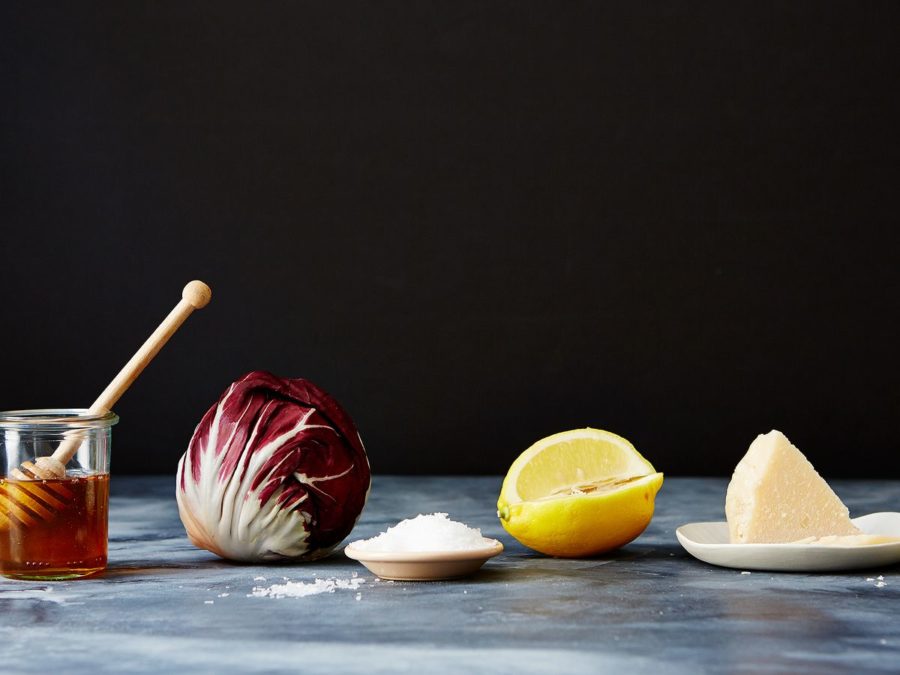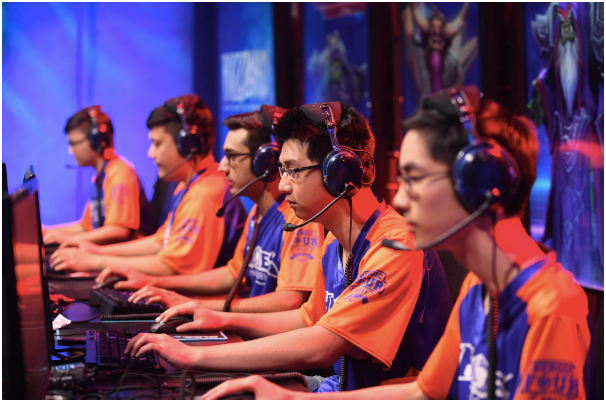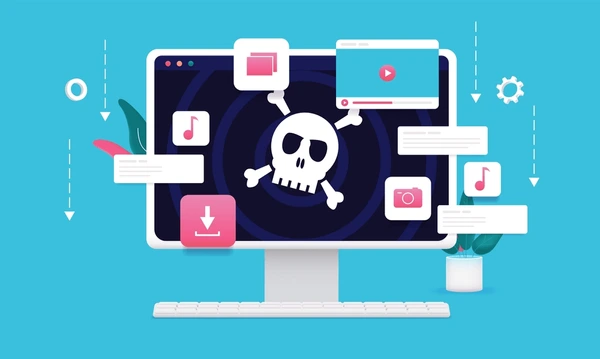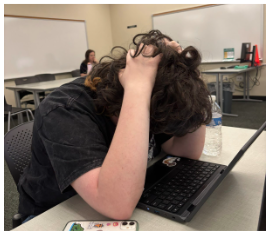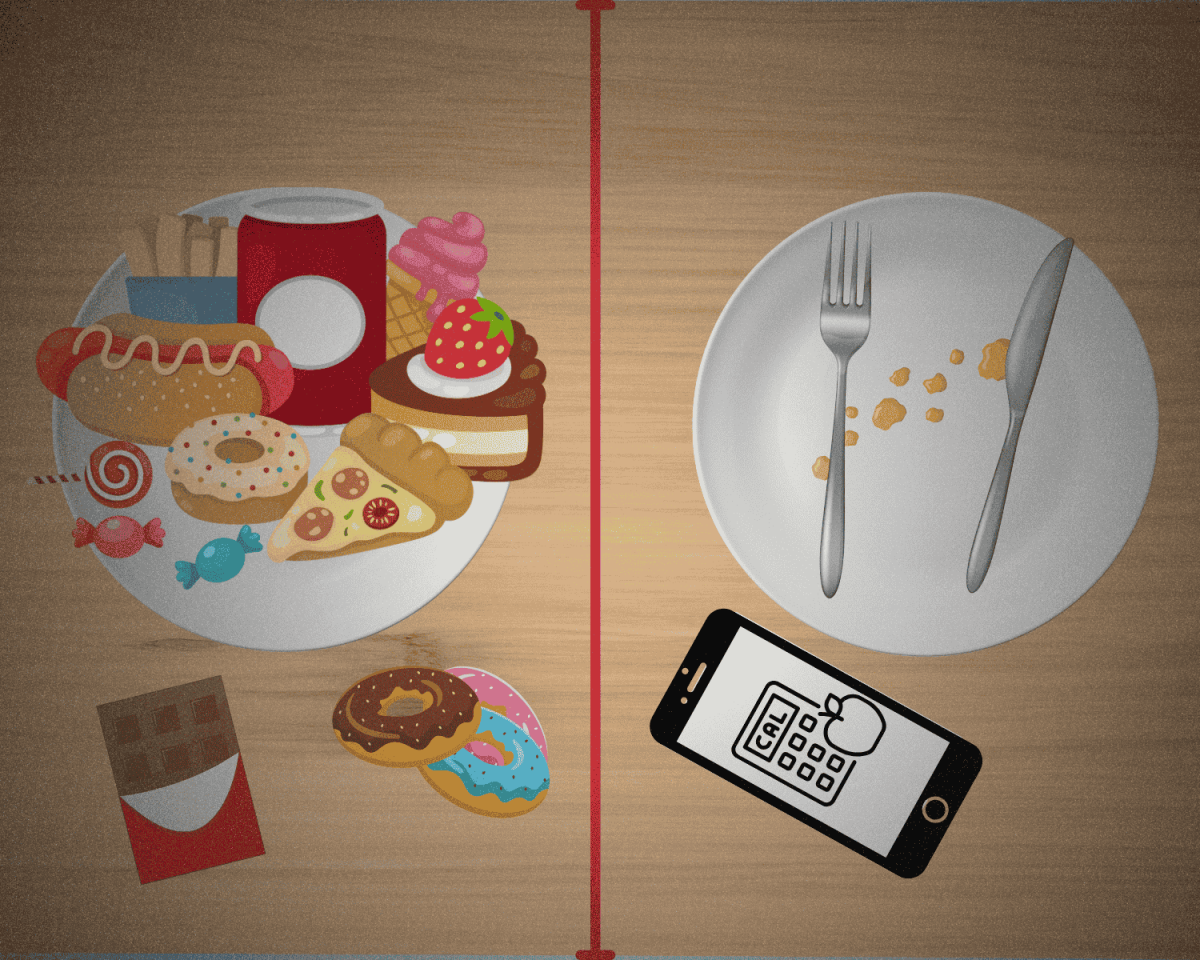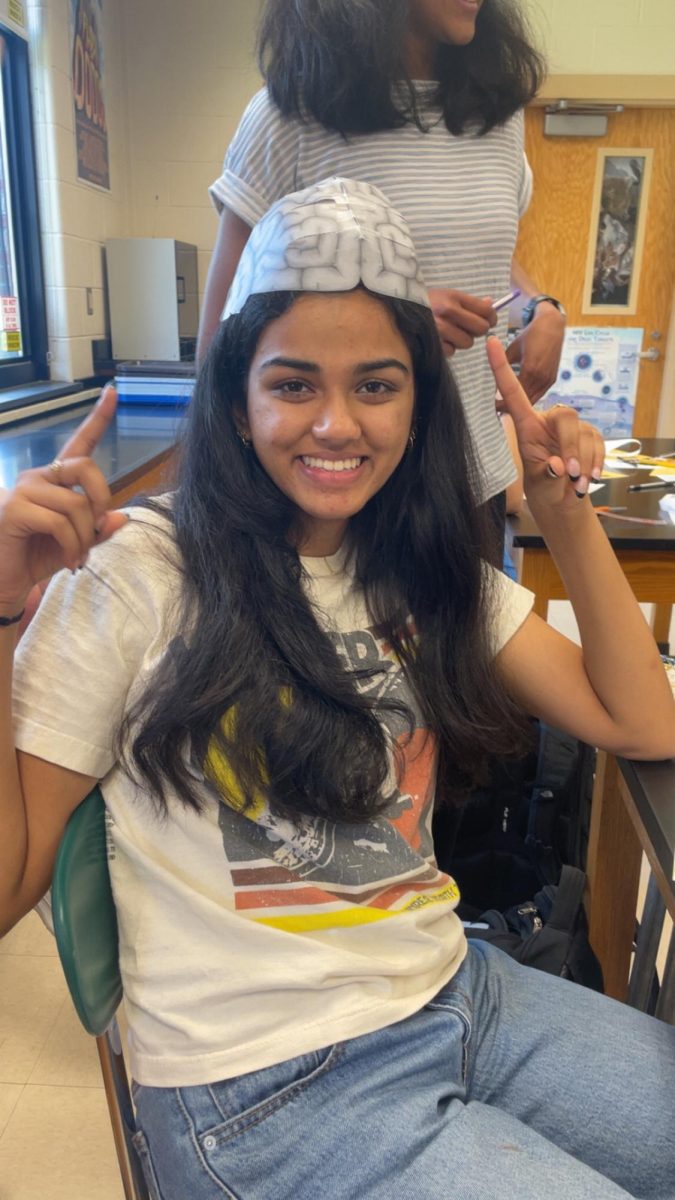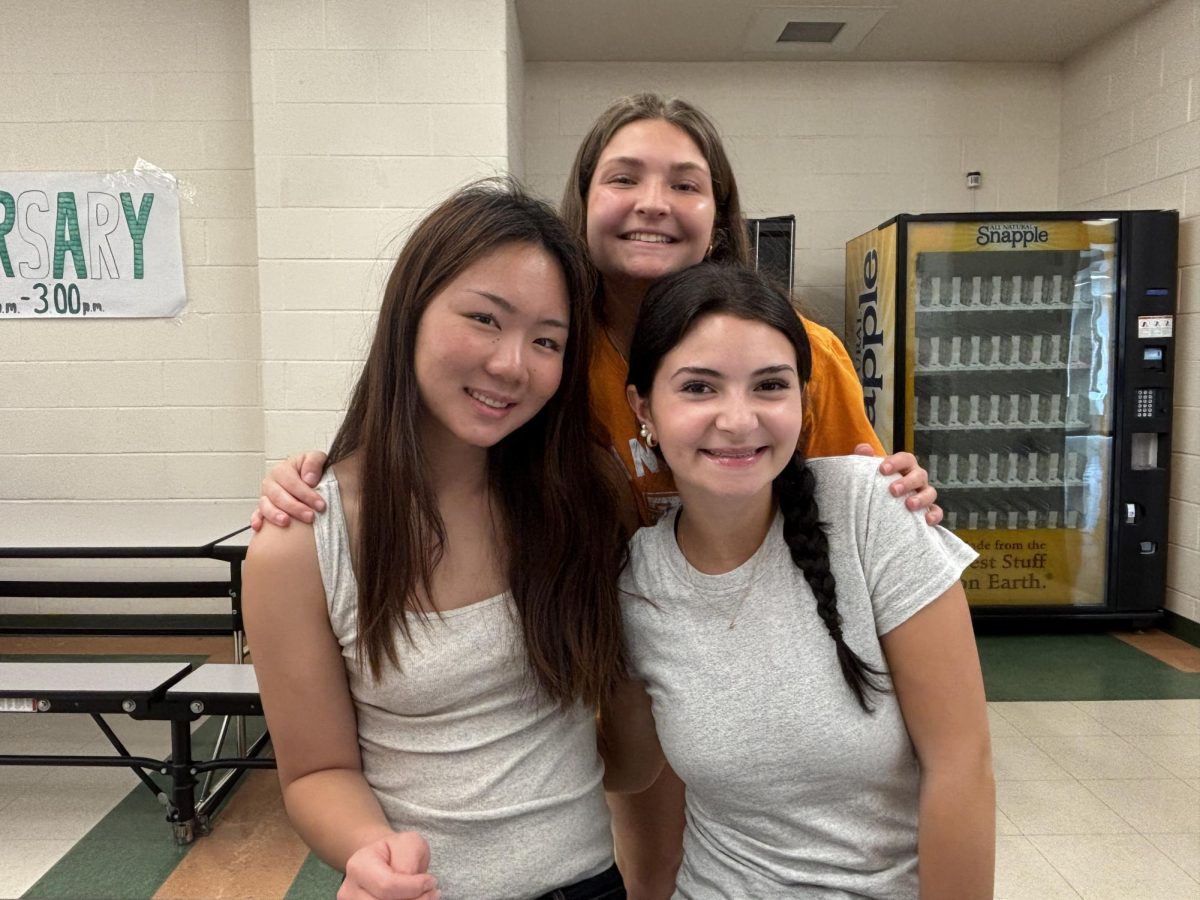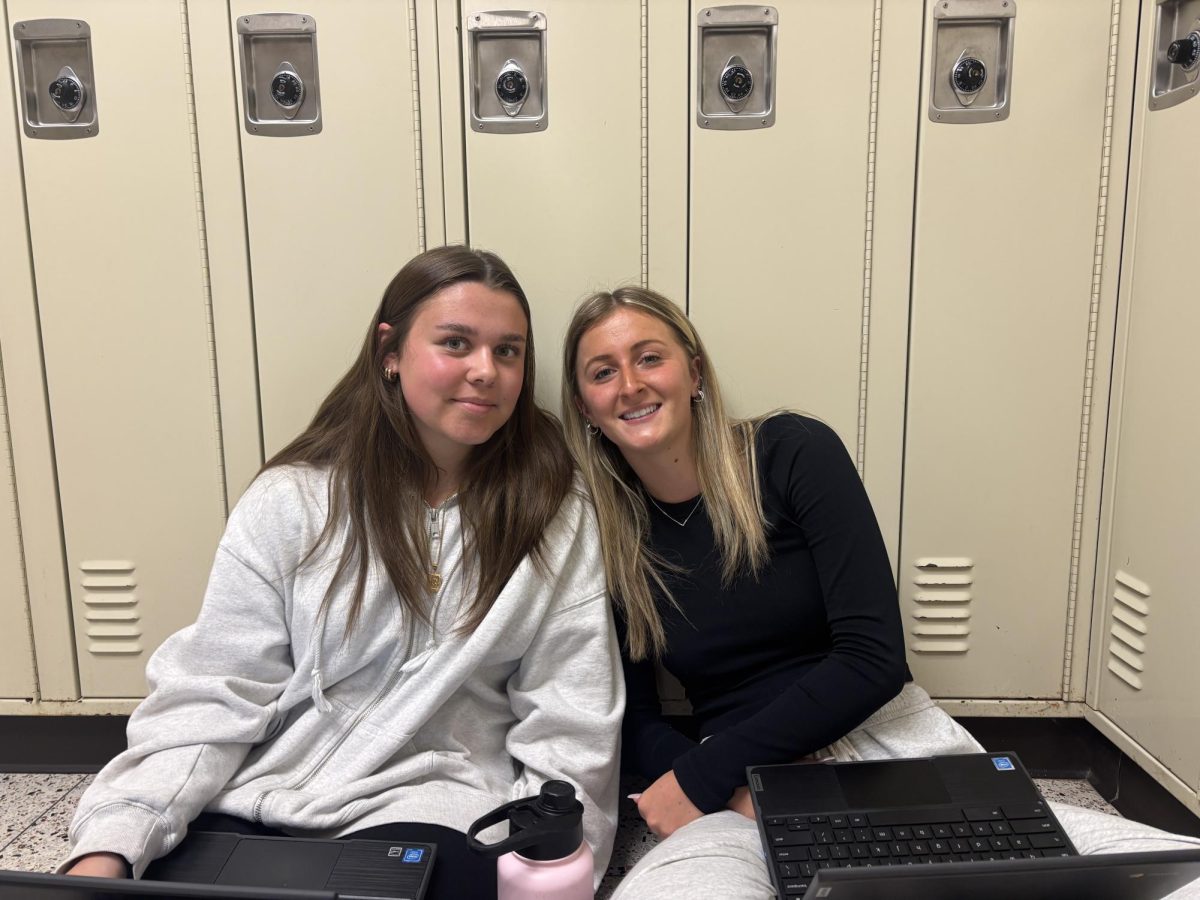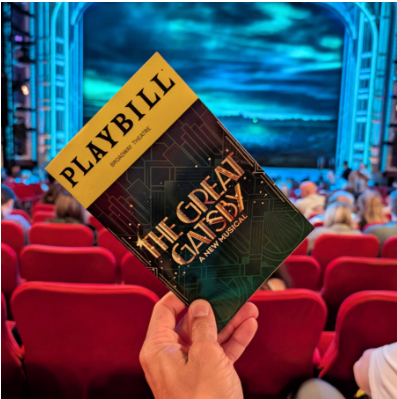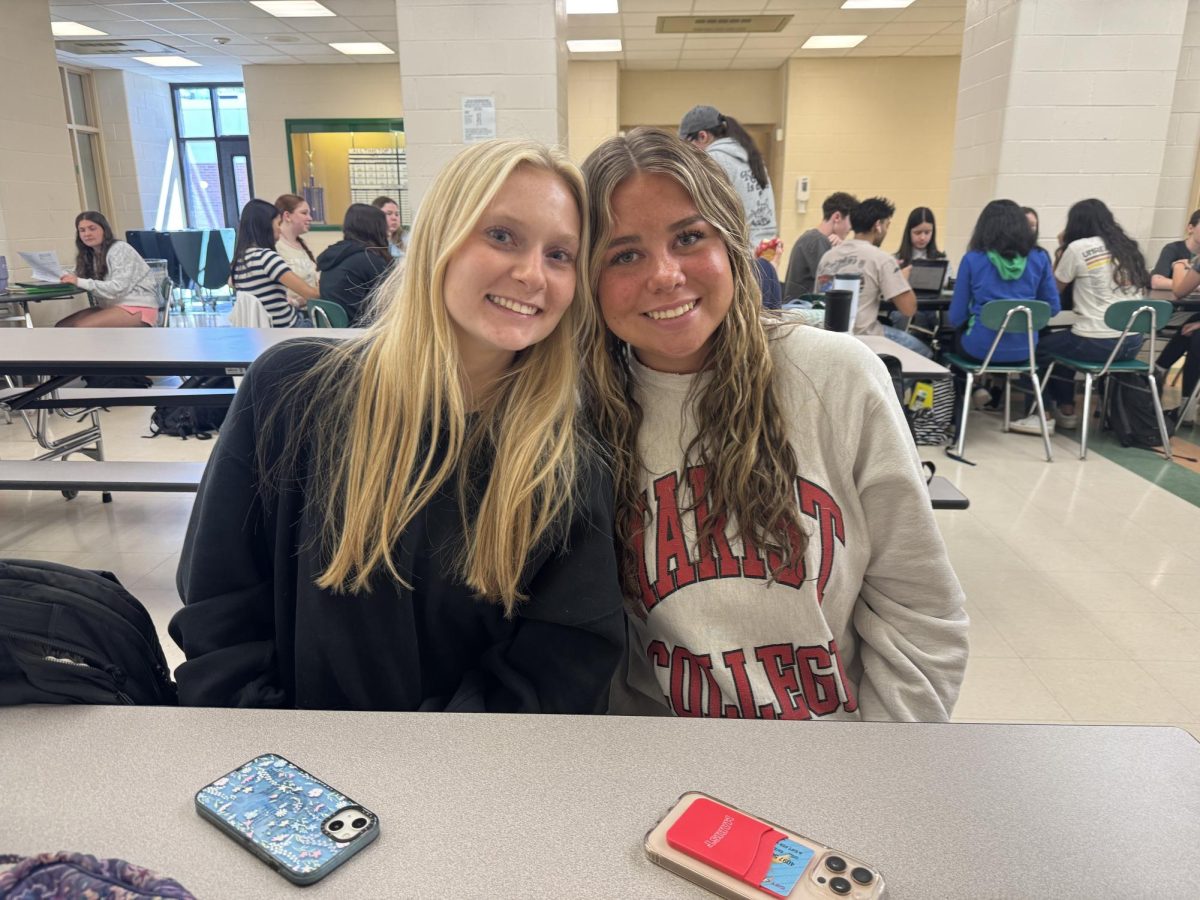Placebos beyond the world of pills
medicine placebo box drugs 3D
March 8, 2023
When we take medication, two things happen.
There are physical acts: twisting open the child-locked cap, placing a pill onto your tongue, and gulping it down along with the expectation of being healed. Then there are the chemical effects: breaking down enzymes, enhancing neurotransmitters, relaxing muscles.
Many think that the former is a means to the latter — that the act of taking the pill has no medicinal effect. However, believing that one will feel a certain effect due to an action has powerful effects in making the body respond, even in absence of the chemical effects.
This is known as the Placebo Effect: when someone anticipates a change, such as pain relief from a drug, and they experience that change whether or not the supposed cause actually ‘worked.’ Does this effect play out outside of the world of medical drugs? Is our day to day life constructed on expectation?
According to Michael Specter, a science and global health writer, the answer to this is yes! Beyond the world of placebo medication, expectations cause chemical changes in the body all of the time through endorphins. These are hormones that cause all kinds of physiological effects.
‘The brain produces its own pharmacy,” Specter says.
Just like the placebo pills we all know, our brain has a similar reaction when for example someone presses the ‘close door’ button on the elevator. In many elevators this does nothing but makes the elevator user feel like they are contributing to getting where they are going faster. In return, their brain eases their impatience.
So how do we know if we experience ‘feel good’ endorphins after going to the gym because of the expectation of feeling better, or because of physically working out?
Most likely it is a combination of both factors. According to Danish epidemiologist Asbjorn Hrobjartsson from Copenhagen’s Nordic Cochrane Center, we will never really know. We know the endorphins are there since the physiological effects are undeniable; the root of these hormones is blended with uncountable factors.
“The entire idea of a placebo is very ‘soapy,’ ” Hrobjartsson said. “It slips away whenever you try to find a border.”

